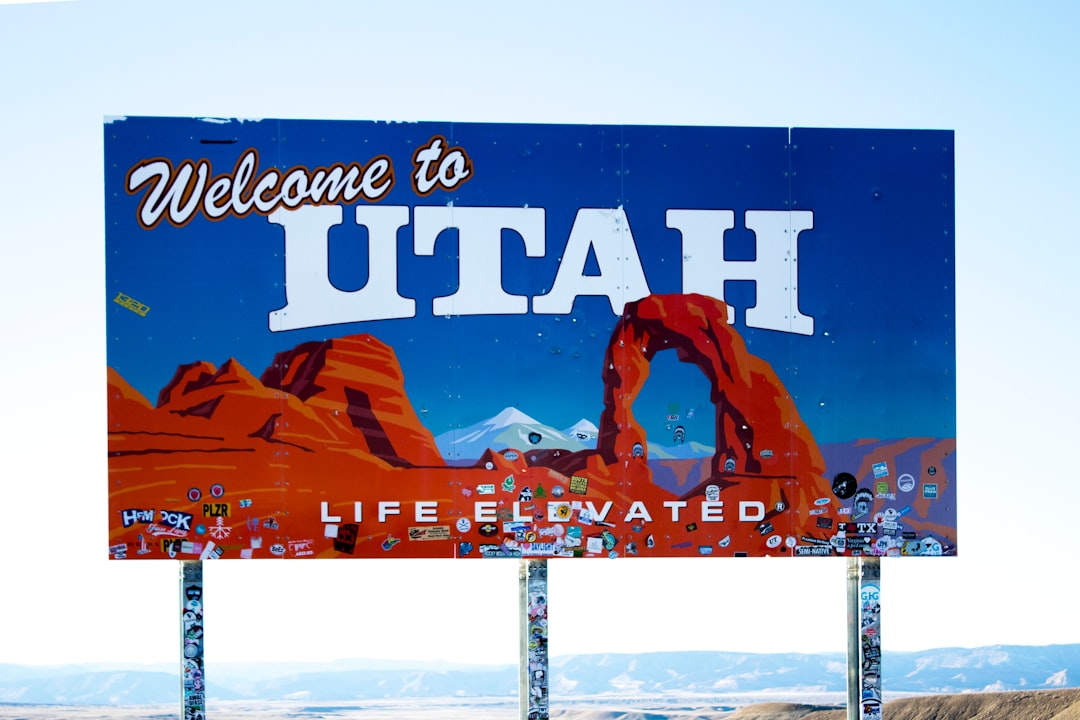Utah residents should beware of scam calls from impersonated unwanted call attorneys or con artists posing as authorities. Legitimate organizations rarely demand urgent action. The Telephone Consumer Protection Act (TCPA) and Utah's Unfair or Deceptive Practices Act protect consumers, allowing blocking automated/prerecorded calls and reporting harassing solicitations. Document suspicious calls, file complaints with the Attorney General's office, use blocking apps, avoid sharing personal info, and register for "Do Not Call" lists to prevent future intrusions from unwanted call attorneys Utah.
In Utah, as across the nation, telemarketing scams are a persistent problem. From false investment schemes to deceptive sales tactics, these fraudulent calls can leave residents feeling vulnerable. This guide equips Utahns with the knowledge to recognize and avoid common telemarketing scams. We delve into your legal rights regarding unwanted calls and provide actionable steps on how to report suspected fraud. Empower yourself with this essential information and connect with trusted unwanted call attorneys Utah for further assistance if needed.
Recognizing Common Telemarketing Scams in Utah

In Utah, as with many places, residents often face unwanted calls from telemarketers, which can sometimes be a front for scams. Recognizing common tactics is key to protecting yourself. One typical scam involves con artists posing as unwanted call attorneys, claiming to represent a government agency or a major corporation, and pressuring you into making immediate payments or providing sensitive personal information over the phone. They may threaten legal action, demand cash payments, or even claim that failure to respond will result in arrest or fines.
Another scheme involves pre-recorded messages from unknown sources, often claiming to offer low-interest loans or free prizes, which require you to call back a number for more information. These calls can be particularly insidious as they often target vulnerable individuals. Always remember: legitimate organizations rarely initiate contact by phone to demand immediate action or threaten legal consequences unless proper documentation is provided during a verified process.
Unwanted Calls: Your Legal Rights and Protections

In Utah, unwanted calls, particularly those from telemarketers, are regulated by state and federal laws designed to protect residents’ privacy and peace of mind. The Telephone Consumer Protection Act (TCPA) grants consumers the right to block most automated or prerecorded phone calls, including telemarketing calls, to their mobile phones and landlines. Additionally, Utah’s Unfair or Deceptive Practices Act offers further protections against unwanted solicitation.
If you’re receiving excessive or harassing telemarketing calls, you have legal options. Consider documenting the calls, including dates, times, and call details, as this can be helpful evidence if you decide to take action. You can file a complaint with the Federal Trade Commission (FTC) and Utah’s Attorney General’s Office. Moreover, consulting with unwanted call attorneys in Utah can help you understand your rights and explore legal remedies, such as seeking damages or blocking future calls from specific numbers.
How to Report and Avoid Telemarketing Fraud

If you’ve received a suspicious or unwanted call, take action and report it immediately. In Utah, you can reach out to your local Attorney General’s office, which has a dedicated team for handling consumer complaints, including telemarketing fraud cases. They provide resources and guidance on how to file a formal complaint against these fraudulent calls. You can also utilize online platforms or mobile apps designed to block unwanted calls, which can significantly reduce the number of scams you encounter.
To stay protected, remember never to share personal or financial information over the phone unless you’ve initiated the call and are certain of the recipient’s identity. Be wary of urgent requests for payment or unusual investment opportunities. Regularly check your call history and contact details against known scammer numbers listed by official sources, and consider registering with a national “Do Not Call” registry to restrict marketing calls in the first place.






